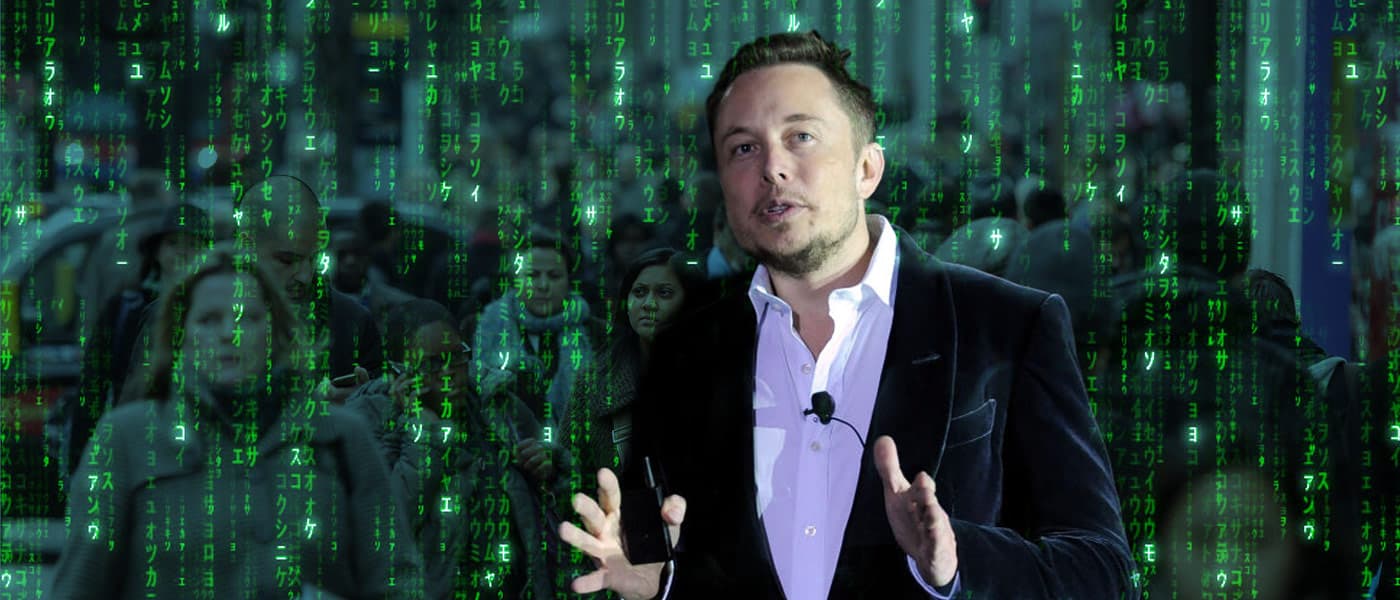You're Probably Not Real
In this year’s Code Conference by Recode, Elon Musk, the CEO of SpaceX and Tesla Motors, was asked by journalist Josh Topolsky about whether he has considered the idea that we might be merely existing in a simulation.
Musk replies that, ultimately, the chances of us being real versus is one in billions.
This may sound ridiculous at first, and many experts assert that such questions fall beyond the bounds of empirical evidence. But the philosophy behind it is sound, and may actually make you question your own reality.
Simulation Argument
This mind twisting response is actually based on an ontological argument published by Swedish philosopher Nick Bostrom in 2003.
Compared to other philosophical arguments on existential speculations, the simulation argument starts and builds on “what is.”
“The simulation argument is different from that in that it doesn’t start from a position of doubt,” Bostrom says. He adds: “The simulation argument starts by assuming everything is as it seems.”
He goes on to explain that the simulation argument projects a view of the future based on what we see today, specifically that computers are getting better and better over time. Augmented reality and virtual reality are quickly developing, and the imminent future is that we will (someday) be able to create simulations so far advanced that they are indistinguishable from real life: Simulations that gain consciousness and are able to experience things the way we do.
Given that premise, in the future one of the three possibilities will occur:
1. All civilizations of the same technological level as ours will not reach technological maturity, whether it be due to natural causes or due to us eventually destroying themselves.
2. Civilizations reach technological maturity, or the “posthuman” stage, but are not interested in conducting any simulations of our ancestors.
3. Civilizations reach technological maturity and are interested in simulations. The technological advancements allow society to create simulations in astronomic proportions, resulting in more simulations than there are real people. This means that a “person” is more likely to be a simulation than not.
To be clear, the simulation hypothesis does not imply that we definitely are simulations. It posts that all three of the listed possibilities have equal credence.
Although, if the third probability were the case, how do we know that we aren’t already in this present? How do we know that we are not just the simulation being projected by an already posthuman world?
From theories of the universe being a hologram to us being a computer simulation, it seems we will never run out of reasons for an existential crisis.
The human mind has endless capability in imagining amusing intellectual games that challenge our perception of what’s real, specifically making us question if we are, in fact, real.
Share This Article
